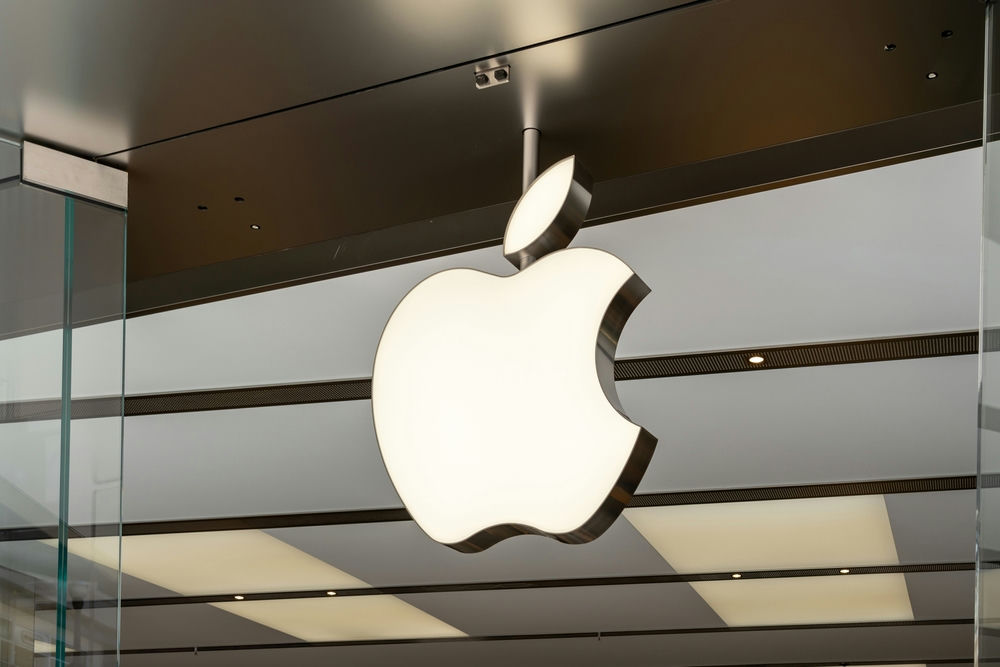Apple’s new iPhone “secret code” for message security is raising critical questions about privacy, personal freedom, and the ongoing struggle to keep government and bad actors out of Americans’ private conversations.
Contact Key Verification: Apple’s Latest Move for User Privacy
In August 2025, Apple rolled out a feature called Contact Key Verification for iPhone users, giving Americans a direct way to verify if someone is spying on their iMessage conversations. This feature generates a unique code for each iMessage chat. By comparing codes with a contact, users can confirm their conversation is secure. If the codes do not match, it may signal interception or a device change, alerting users to a possible threat to their personal privacy.
This new feature comes in response to mounting concerns over digital privacy—fueled by years of government overreach, high-profile hacking incidents, and the erosion of trust in big tech. Apple’s decision is part of a larger industry shift that aims to return control to users, letting them take proactive steps to secure their communications. The company’s public statements emphasize that “iMessage Contact Key Verification further protects your iMessage conversations and helps verify that you’re messaging only with the people that you intend.”
How the ‘Secret Code’ Works and Why It Matters
Contact Key Verification stands out because it allows ordinary users—not just tech experts—to check the security of their conversations. When both parties see matching codes, messages are confirmed as secure and end-to-end encrypted. Mismatched codes, however, may indicate interception, a compromised device, or a recent device change. Apple’s approach mirrors similar security features in other encrypted messaging apps, such as WhatsApp, but is notable for its focus on transparency and user empowerment.
Security professionals generally praise this manual system, calling it an effective defense against so-called “man-in-the-middle” attacks. However, experts also caution that the feature’s impact will depend on whether users actually take the time to verify codes. Many Americans remain unaware of such tools or may be confused by technical terms—potentially limiting the feature’s practical benefits. Increased user education will play a critical role in the success of this privacy measure.
Broader Implications for Digital Freedom and Family Security
The arrival of Contact Key Verification is more than a technical update; it is a direct response to a climate of rising surveillance and government intrusion. For years, Americans have watched as left-leaning politicians and bureaucrats have pushed for greater access to private data, often under the guise of national security or public safety. Features like this represent a pushback—giving individuals the means to guard their families’ conversations from prying eyes, whether those eyes belong to hackers, hostile foreign actors, or a government that too often forgets the limits of its authority.
Despite these advances, not all threats are addressed by this feature. The verification system works for iMessages but cannot detect traditional SMS spying or network-based surveillance, which remain areas of concern. Some confusion has also arisen over the term “secret code,” as it is used both for Apple’s verification process and for unrelated network checks (known as USSD codes). Users must remain vigilant and informed, relying on trusted guidance rather than rumors and misinformation.
Industry, Social, and Political Impact: Power Back to the People?
Apple’s move is already pressuring other tech giants to adopt similar user-empowering security standards. In the short term, this could lead to increased trust in Apple products among privacy-minded users and drive wider adoption of secure messaging. In the long term, the feature may shape public debate on the balance between privacy, law enforcement, and national security. For conservative Americans who value the Constitution, limited government, and the sanctity of private life, this development feels like a rare victory in a world where surveillance and overreach too often go unchecked.
iPhone 'secret code' reveals if someone is spying on your text messages https://t.co/flEDFeAVz6
— Zicutake USA Comment (@Zicutake) August 26, 2025
Still, the effectiveness of Contact Key Verification will hinge on widespread understanding and use. The fight for digital freedom is far from over, but this tool gives Americans new leverage to protect themselves, their families, and their constitutional rights in an increasingly connected—and monitored—world.
Sources:
Code to Check If Your Phone Is Hacked: iPhone & Android
Apple Support Community: iPhone security codes and verification

